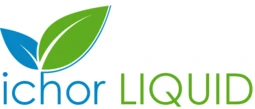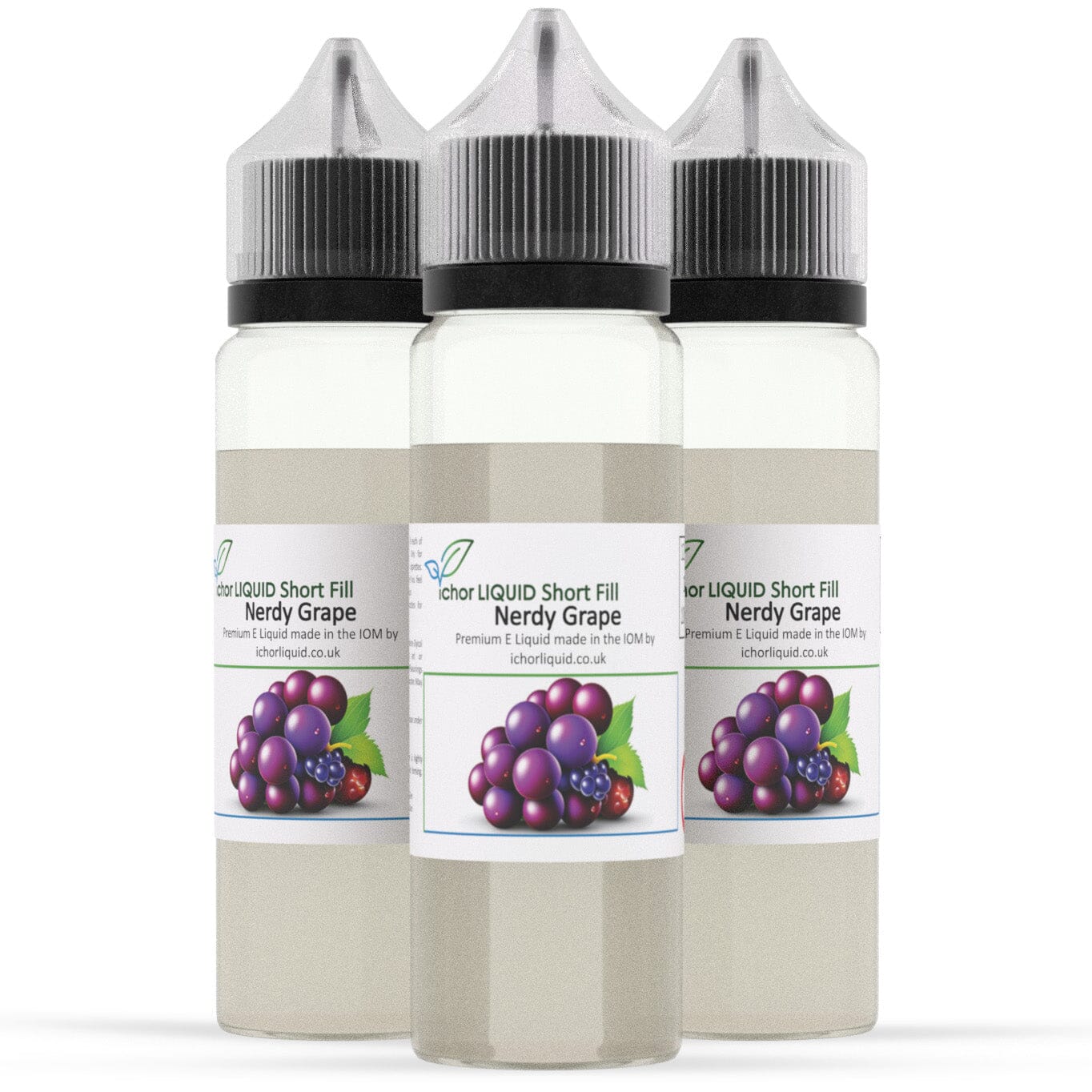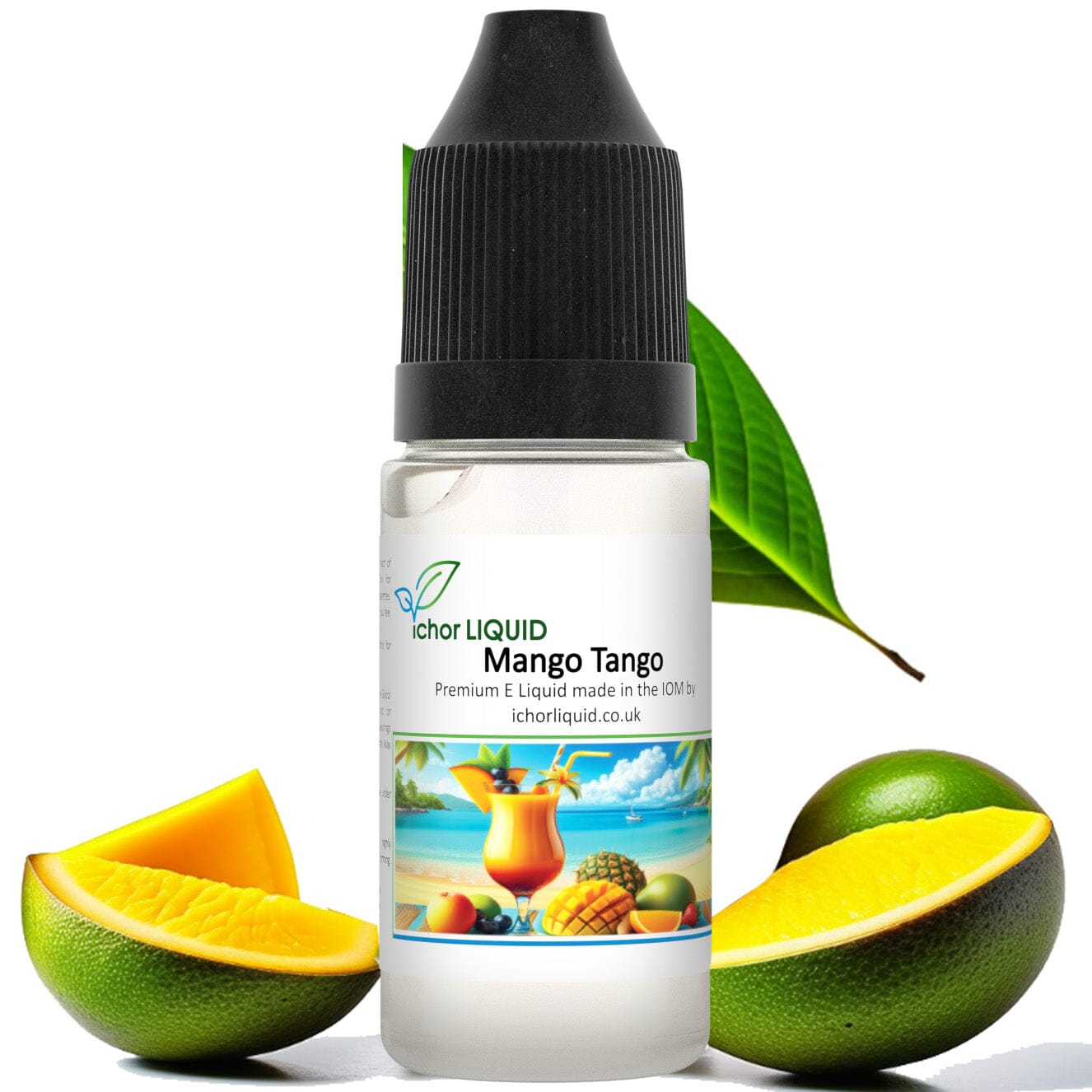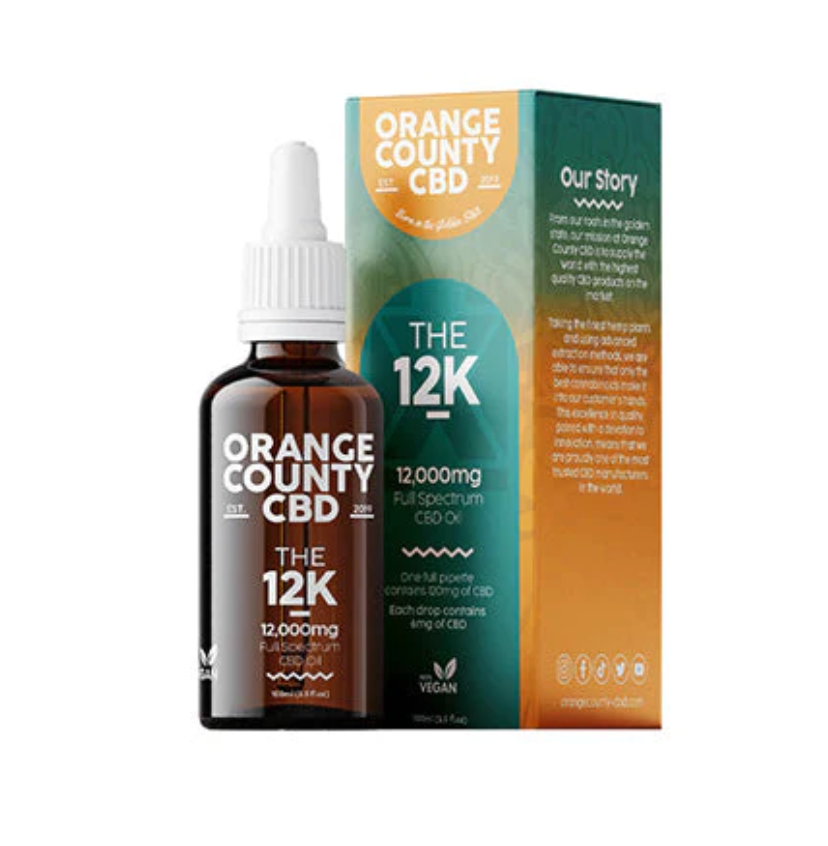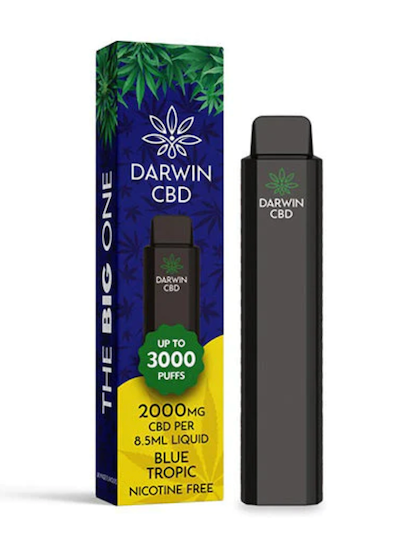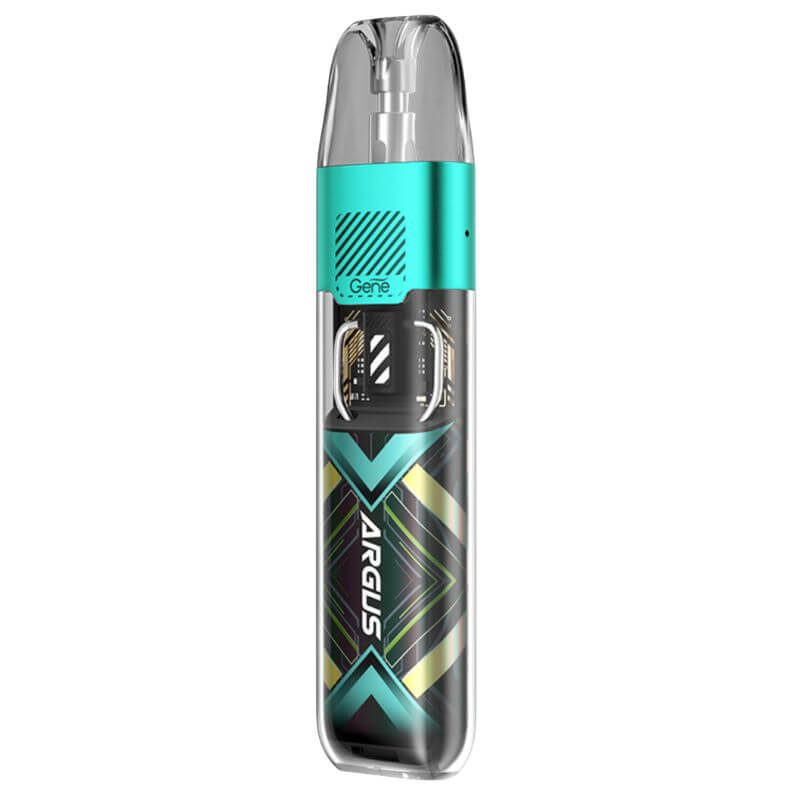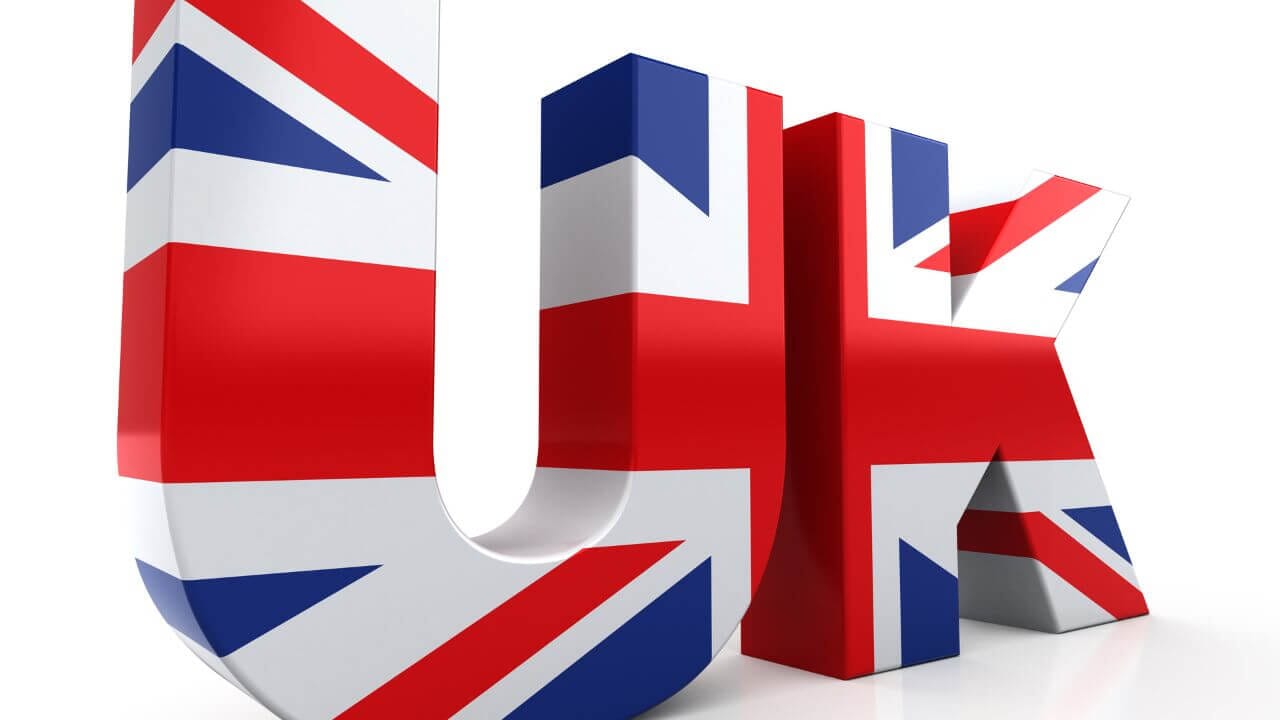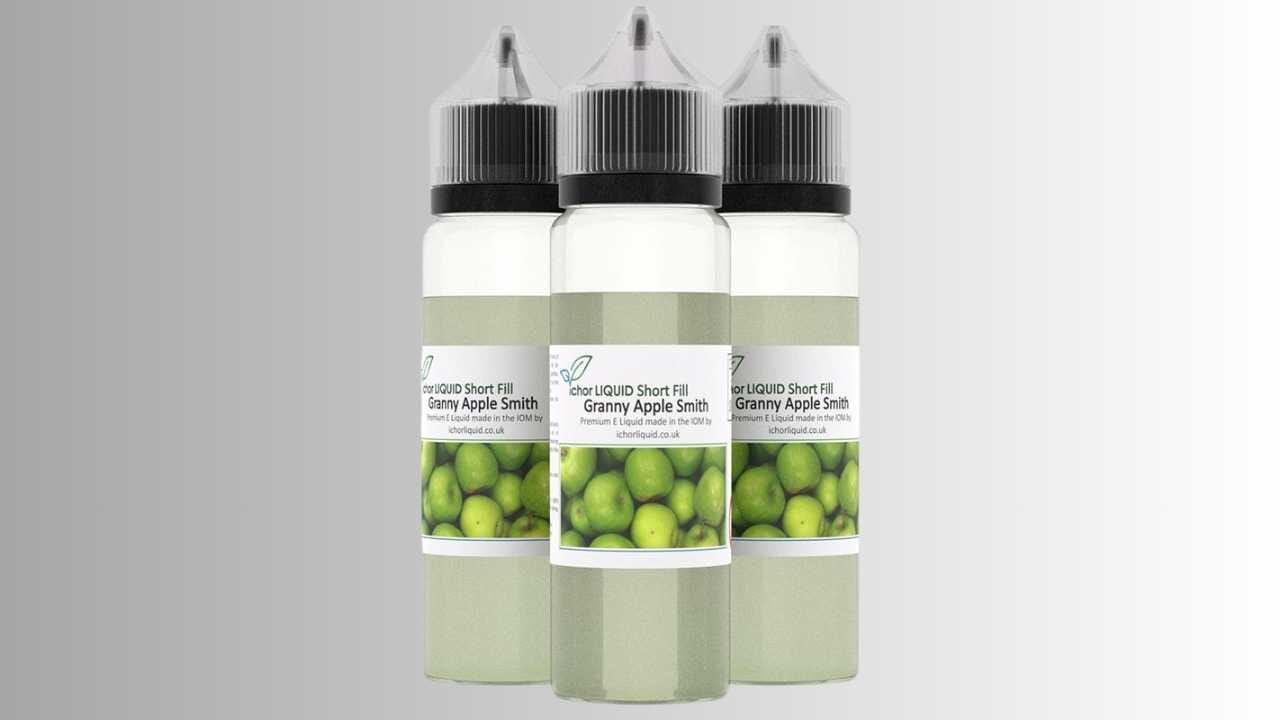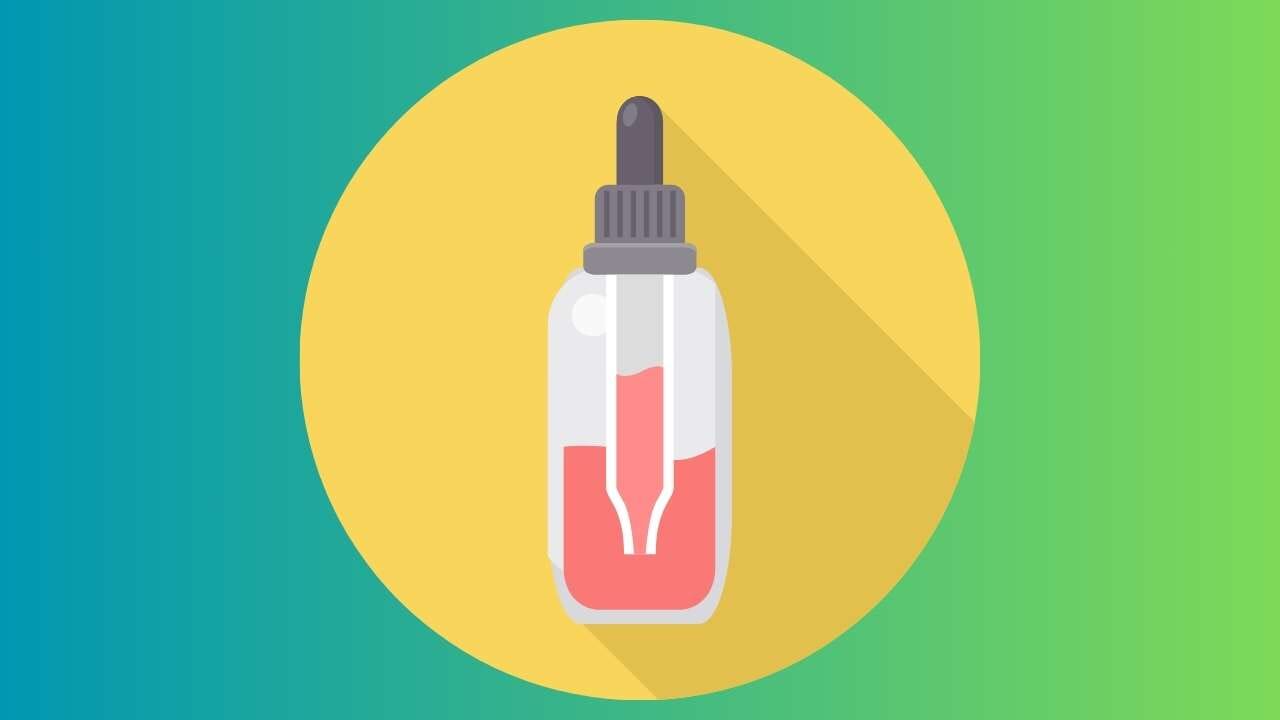What is Vegetable Glycerin
What is Glycerin? Vegetable glycerin is a natural product made from vegetable oil, frequently rapeseed, palm or coconut oil. Glycerin is classified as a humectant, meaning it attracts moisture to the skin, and is believed to make the skin healthy and moist. It's really emollient properties and can help smooth and soften the skin. Vegetable glycerin is, in addition, used where alcohol cannot be used to make herbal tinctures.
How it's made
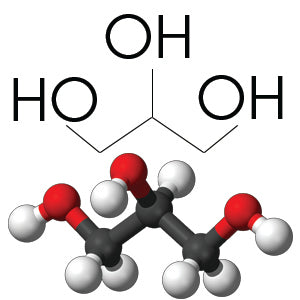
Vegetable glycerine is extracted from coconut oil or raw fats and oils, typically palm. The oils are split into raw fats under the combined activity of pressure, temperature and water. Temperatures frequently exceed 400 degrees F and the oils are kept under pressure for 20 minutes to half an hour. Glycerol is absorbed by the water from the fatty acid stage of the oils. Subsequently the glycerol distilled, is isolated and creates a normal 99 percent pure glycerin product. Food-level vegetable glycerin is 99.7% pure, with the remaining 0.3% being water.
Consistency
Vegetable glycerin is odourless, colourless and clear. It has a consistency of syrup and has an extremely sweet flavour to it.
Primary Uses
Besides E Liquid, glycerin is popular in the food industry for two primary reasons: it's a sweet flavour, but has fewer calories than sugar; and it's hygroscopic, that is, it absorbs moisture from the atmosphere. Thus, it is used to keep them moist and to sweeten foods. It can also be used for soap making supplies for glycerin soap and used in the hair. The compound is metabolized more slowly than sucrose and so doesn't have such a striking effect on glucose levels. In addition, it will not lead to tooth decay that is bacterial. Foods advertised as being low in carbs in many cases are sweetened with glycerin.
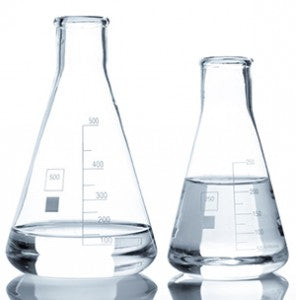
In addition, there are medical uses for vegetable glycerin. It's a regular ingredient in cough mixtures, because of its soothing properties. Other uses are to treat gum disease, as it inactivates the related bacterial colonies; and as a topical treatment for numerous skin problems, including psoriasis, rashes, burns, bedsores and wounds; as a laxative, in the shape of suppositories.
Another important use is in the cosmetics business. Because of its hygroscopic properties, it's used in many moisturizing skin products, as it appears to help alleviate dry skin problems by drawing water upward from the lower layers. It's also part of glycerin soap, which is frequently used by people who have sensitive skin. Lotions featuring this compound are also popular. Vegetable glycerin may serve as a stand-in for ethanol (alcohol) in making botanical extracts, like herbal essences. It acts as a solvent that dissolves the materials of interest from the raw plant material. The edge of this is that individuals who don't wish to be exposed to booze can have accessibility to the botanical products. The disadvantage is that the resulting products have a considerably shorter shelf life.
Where to buy glycerin
Ichor Liquid's Vegetable glycerin is derived from European sources and is predominantly derived from rapeseed. Our glycerin is 100% palm free and is in no way connected to the deforestation in the Far East and South America rainforests.
Our glycerin is also sourced without the use of raw materials originating from the Jatropha plant or its oils - the Jatropha plant is classified as a noxious weed in some countries. The oil produced from the Jatropha plant contains carcinogenic substances and presents a significant human and animal health risk.
